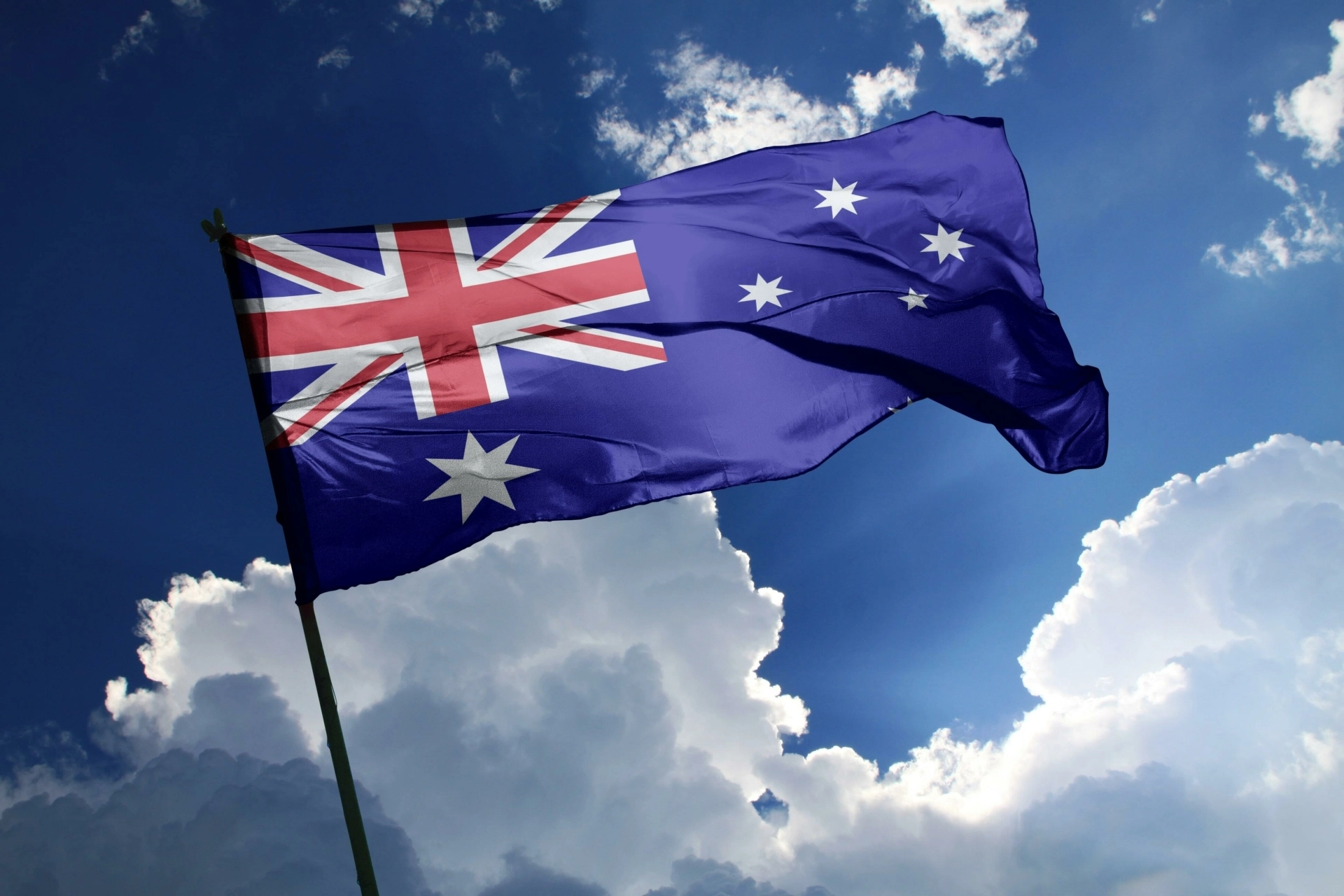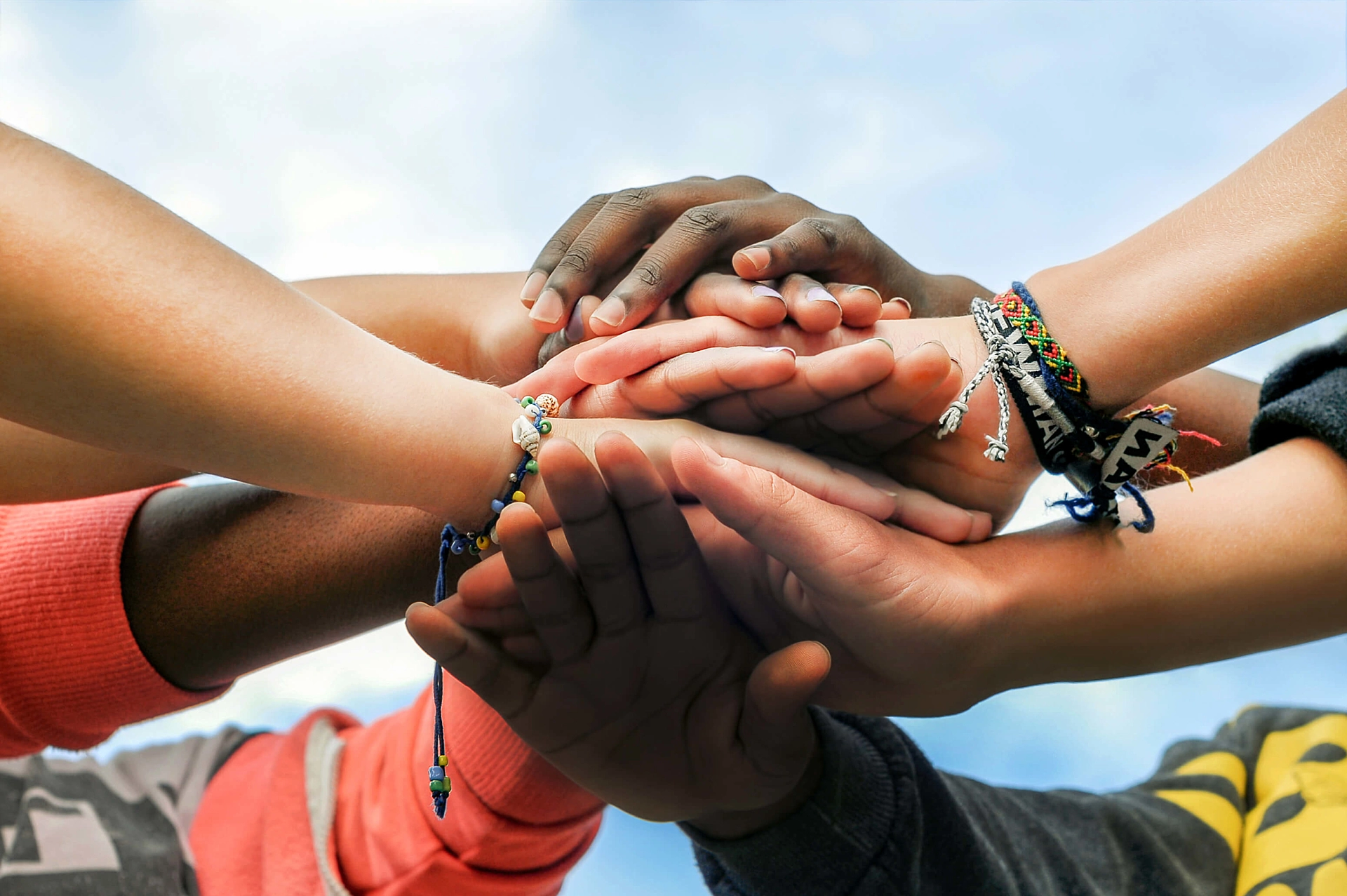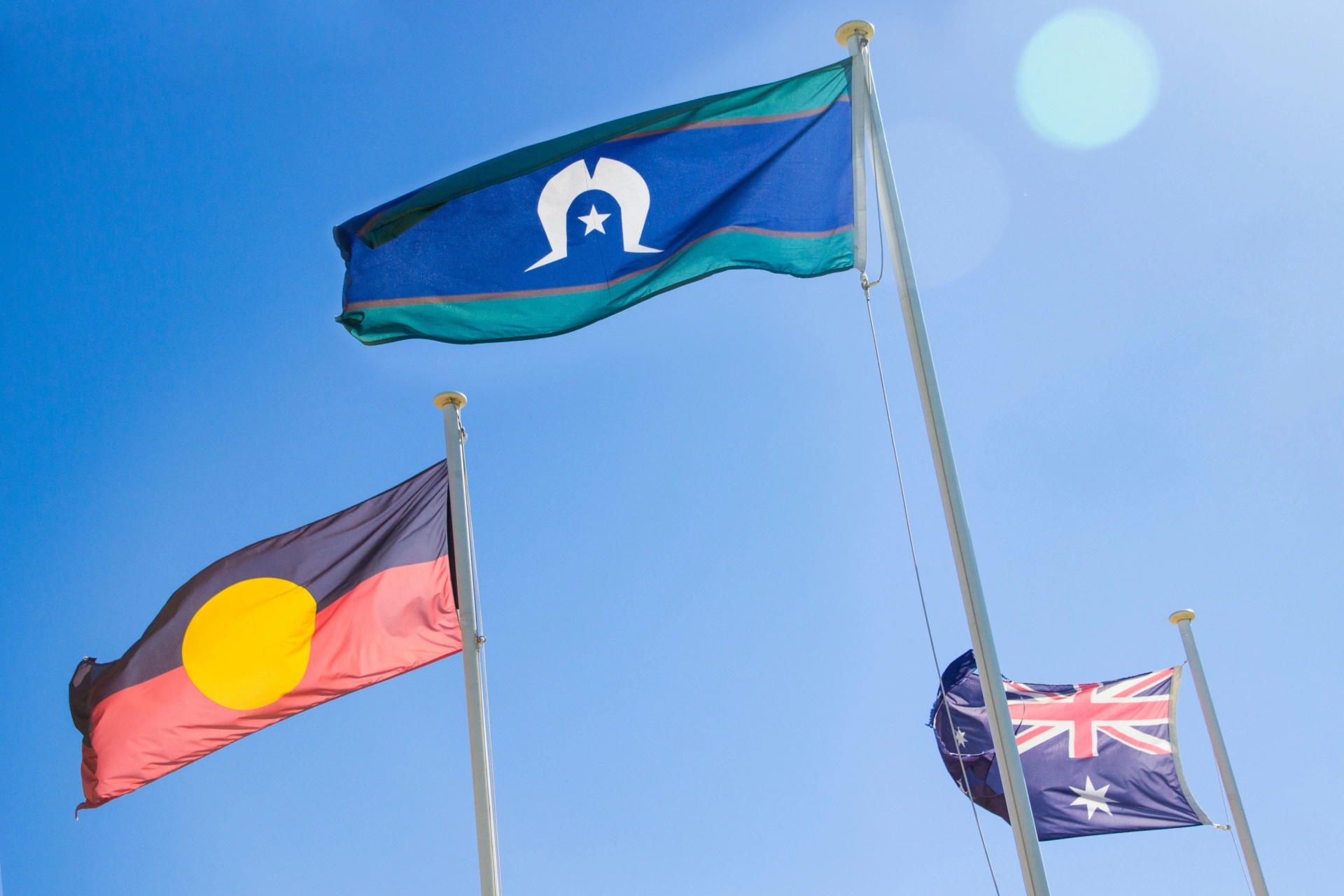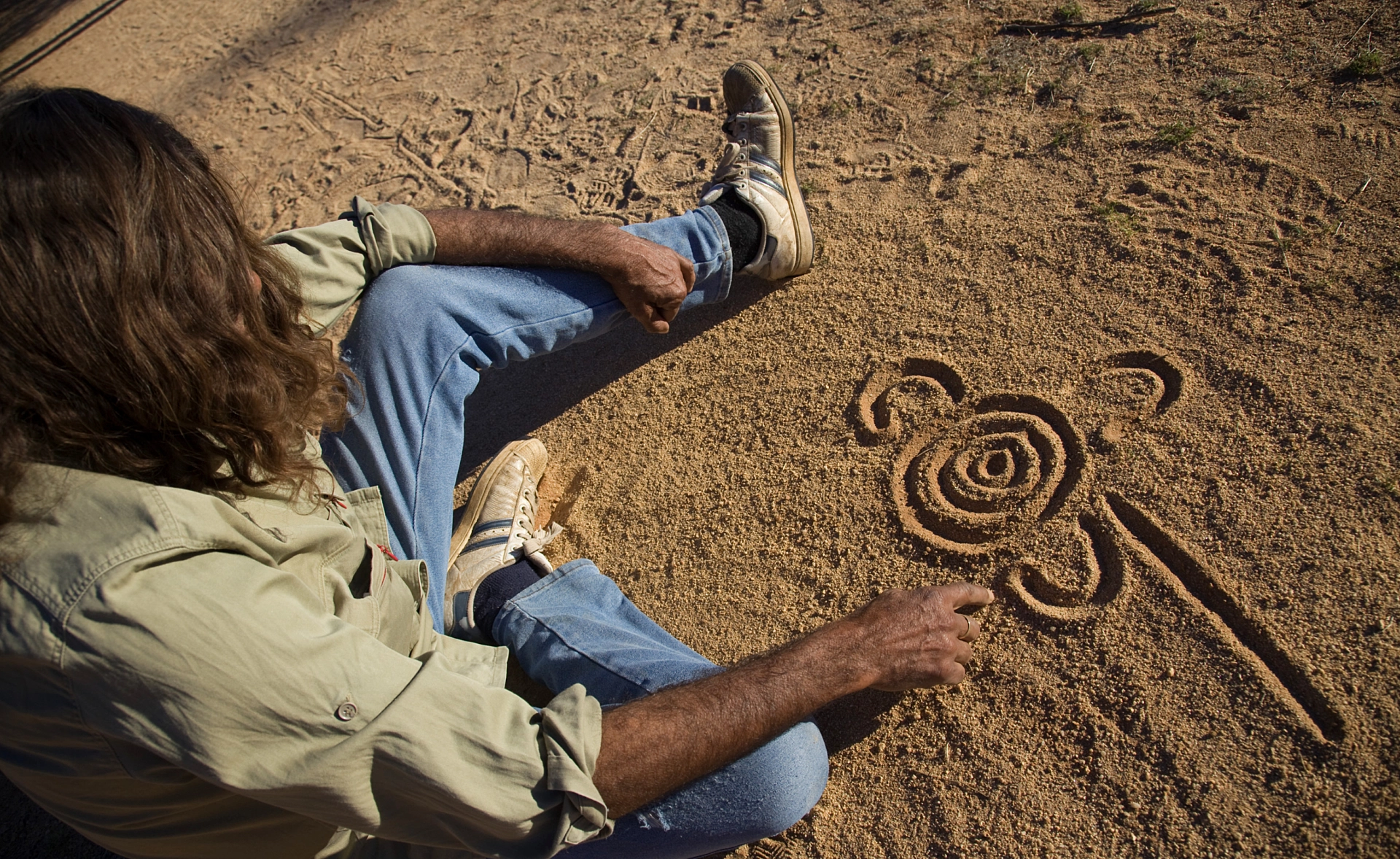
Australia Day is the official national day of Australia. Australia Day is celebrated on the 26th of January each year since 1935 - it was changed to a national public holiday only in 1994. The 26th of January 1788 is the date the first fleet from Britain arrived on the shores of the southern east coast of this country and claimed the land now known as Australia. For Aboriginal and Torres Strait Islander peoples, it was the beginning of hard fought and vicious massacres that occurred initially with the clans of the Eora nation in the area now known as Sydney.
To claim this land, the British had declared that this land was not owned by anyone – ‘it was no mans land’ – ‘Terra Nullius’, which was overturned by the High Court of Australia in 1992 with the handing down of the Mabo judgement. For us as Aboriginal and Torres Strait Islander peoples, our ancestors had lived from and cared for this land for tens of thousands of years. The 26th of January 1788, was the start of dispossession of our lands and the pain and suffering caused by the processes of colonisation. The ongoing processes of colonisation continued into the 1970s with practices like the forced removal of Aboriginal and Torres Strait Islander children from their families; the stealing of wages from Aboriginal and Torres Strait Islander people; and restrictions on the legal ability to live and work outside of Aboriginal and Torres Strait Islander communities, which required the permission of the Protector of Aborigines up until 1967. The consequences of colonisation are evident in Aboriginal and Torres Strait Islander communities and in contemporary Australia today. For all of us working in Aboriginal and Torres Strait Islander health and wellbeing, the ongoing consequences of colonisation is a challenge we are working to desperately overcome.
Each year there is growing recognition of the inappropriateness of this day, given its historical legacy. Each year, Aboriginal and Torres Strait Islander peoples have raised the inappropriateness of this day in celebrating the collective nation of Australia. The views each year in the lead up to Australia Day seemingly become more prominent in public discussion, with those for and those against changing the date contributing, coming from both Aboriginal and Torres Strait Islander and non-Indigenous commentators.
The SAHMRI Indigenous Collective understand that individuals and their families will celebrate Australia Day, as they see fit on the current date. We also understand and respect that individuals have the right to have an opinion or view on the date that Australia Day is celebrated. We believe that changing the date requires debate for Australia as a nation to come to a consensus based on ethical, moral, right and just reasons to change the date rather than changing the date due to opinion driven by popularity with no-substance regarding the meaningfulness and significance of the change.
The SAHMRI Indigenous Collectives feel we have an important leadership role to play in the national debate regarding the date Australia Day is celebrated. We support a change of date, so that Australia’s Day of national celebration becomes a day where we can all truly celebrate together. It is the view of the SAHMRI Indigenous Collective, that Australia Day should be celebrated on any of the other 364 days of the year, where it does not raise so much angst for Aboriginal and Torres Strait Islander peoples and for those whom support this notion. We too want to celebrate the many achievements of this nation, as the proud First Peoples of this country. We acknowledge that many of you will stand with us on this point and that some of our colleagues will disagree.
For those who support celebrating the collective nation of Australia on a different date, we welcome your support for change.
There are events held by Aboriginal and Torres Strait Islander peoples nationally on the 26th of January that celebrate our survival each year. Information can be accessed here.
For further information please see this YouTube clip produced by VACCHO that discusses perspectives of both Aboriginal and non-Indigenous staff about changing the date.





